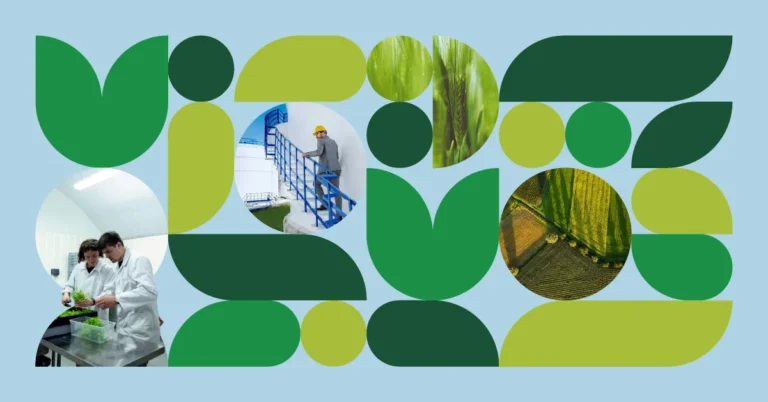The scope of robotic process automation and the need for creativity in the market increases rapidly. In this context, the universities face new challenges in education of the young generation that is ready to join the changing job market successfully. In terms of robotic process automation, Lithuania is very similar to other countries and experiences the same problems – development of employees’ competences and requalification of existing talent into robotic process automation.
Robotic process automation (RPA) is an important area of information technologies. RPA robots carry out repetitive tasks that are boring and help to avoid mistakes made by people. Also the robots drive a new wave of productivity and efficiency.
Vilnius Gediminas Technical University (VGTU) is adapting to the new challenges in the labour market and is the first in the Baltic States to start a Robotic Process Automation course in all study programmes in the field of informatics. This course is implemented in cooperation with UiPath – one of the fastest growing developers of RPA tools – and government agency Invest Lithuania.
“The course of Robotic Process Automation will give our students new competences and will strengthen their position in the job market. The new course will focus on analysis of processes in organisations, identification of processes suitable for robotisation and their robotisation, development of robots by applying artificial intelligence technologies of text, image and voice recognition. In addition, this is a wonderful opportunity to expand the scope of the topics of bachelor thesis,” says prof. Dalius Mažeika, the head of the department of Information Systems at VGTU.
“We are very pleased to see Lithuanian universities adapting to changes in science and labour market. Robotic process automation will keep on developing and will enter various industries. We must educate employees that ready to meet the demand. Furthermore, it is crucial that current and new students choose courses and professions that are leading to future jobs, especially in the areas of engineering and IT. It is not a coincidence, that the number of first year students in these areas of studies is decreasing. We see dropping numbers of pupils who take school leaving exams in physics, chemistry, and information technologies. Only less than 10% choose exams in these subjects. Consequently, there are less students who can choose professions leading to future jobs. High schools should focus more on promoting STEAM courses, especially mathematics and natural sciences,” says Vydūnas Trapinskas, regulatory affairs expert at Invest Lithuania.
Invest Lithuania data shows that 34% of service centres in Lithuania are already using various solutions of robotic process automation, and the lack of knowledge and talent in the market becomes evident. Companies are constantly in search of innovative solutions which not only increase productivity, but also create opportunities for more interesting jobs to people. When computer software takes over boring, repetitive tasks based on strict rules, people have more time for analytical, higher value-added tasks that require creative thinking. It is expected that such initiatives will strengthen Lithuania’s position in the areas of cognitive robotic process automation and artificial intelligence.












